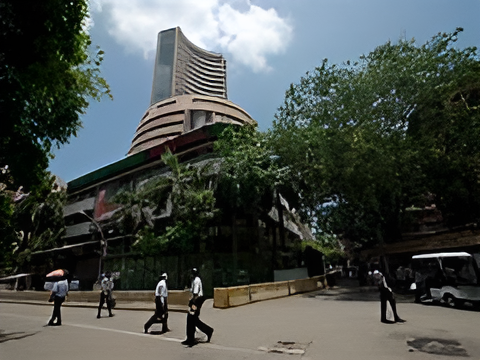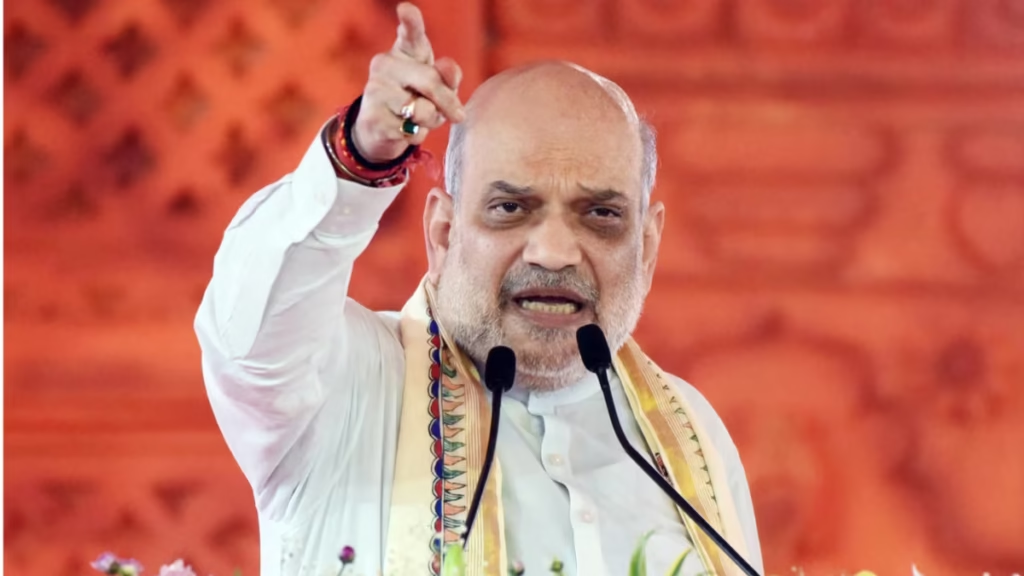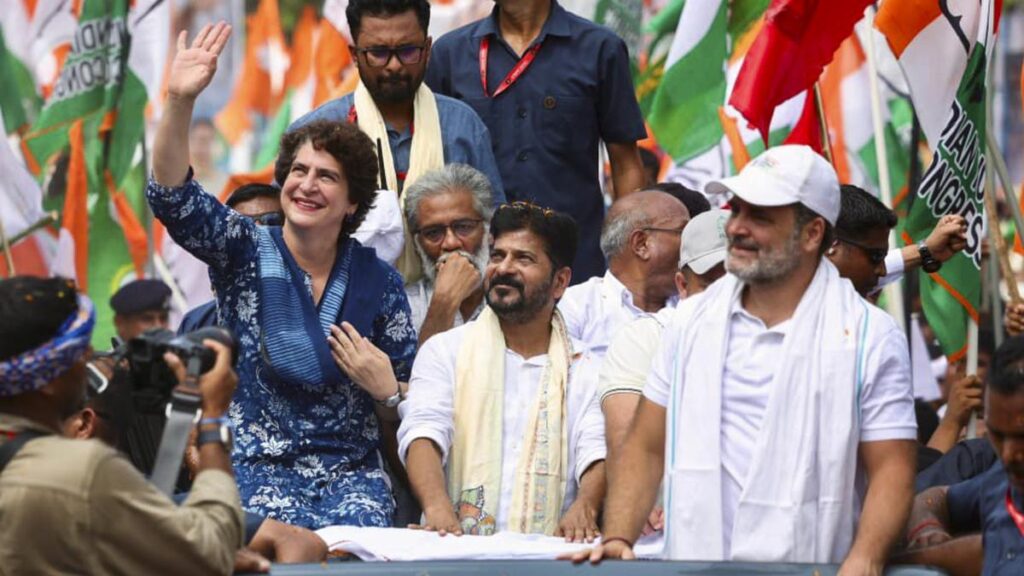Sensex Plunges 1,000 Points as Trump Tariffs Shake Markets, Foreign Outflows Persist

Sensex Plunges The Indian stock market witnessed a sharp selloff as the Sensex tumbled over 1,000 points following the announcement of fresh trade tariffs by former U.S. President Donald Trump. The impact of these tariffs, coupled with continued foreign investor outflows, has triggered volatility across global markets.

Why Did the Sensex Drop?
Several key factors contributed to the market slump:
- Trump’s New Tariffs: The imposition of fresh tariffs on key imports has raised concerns about global trade tensions, affecting market sentiment.
- Foreign Investor Selloff: Foreign institutional investors (FIIs) have been pulling out funds amid global uncertainty and a strong U.S. dollar.
- Weak Global Cues: U.S. and European markets also witnessed declines, impacting emerging markets like India.
- Rupee Depreciation: A weaker rupee against the U.S. dollar has further dampened investor confidence. Sensex Plunges
Sensex Plunges Sectors Affected the Most
- IT & Tech Stocks: Companies with significant U.S. exposure saw heavy selling.
- Auto & Export-Driven Sectors: Tariff concerns have led to fears of higher costs and reduced global demand.
- Banking & Financial Stocks: Market uncertainty has affected investor sentiment in banking and financial services.Sensex Plunges
Sectors Hit Hard by the Market Crash
- IT & Tech Stocks: With significant exposure to the U.S. market, companies like TCS, Infosys, and Wipro saw sharp declines.
- Automobile Sector: Trump’s tariff policy raises concerns over higher input costs and reduced export demand, impacting companies like Maruti Suzuki and Tata Motors.
- Banking & Financials: Weak market sentiment has affected banking stocks, leading to a broad-based selloff in HDFC Bank, ICICI Bank, and SBI. Sensex Plunges
- Metals & Export-Driven Sectors: Companies in steel, aluminum, and textiles face the risk of higher tariffs and reduced global demand.

Key Reasons Behind the Market Crash
1. Trump’s New Trade Tariffs Spark Global Uncertainty
The recent tariff announcement targeting key imports, including goods from China and other nations, has disrupted global market sentiment. India, as a major exporter in various sectors, is feeling the pressure from fears of slowing global demand. Sensex Plunges
2. Foreign Institutional Investors (FIIs) Pull Out Funds
FIIs have been aggressively selling Indian equities, leading to capital outflows. Factors driving this trend include:
- A strong U.S. dollar, making emerging markets less attractive
- Rising U.S. Treasury yields, offering safer investment opportunities
- Concerns over India’s high valuation and economic growth prospects
3. Weak Global Cues and Recession Fears
Global stock markets have reacted negatively to Trump’s tariff move, with major indices in the U.S. and Europe witnessing declines. Investors are concerned that escalating trade tensions could lead to a slowdown in economic growth, impacting corporate earnings worldwide. Sensex Plunges
4. Rupee Depreciation Adds to Market Woes
The Indian rupee has weakened against the U.S. dollar, making imports costlier and increasing the Sensex Plunges burden on industries dependent on foreign raw materials. This has further dampened investor sentiment.
Sectors Hit Hard by the Market Crash
- IT & Tech Stocks: With significant exposure to the U.S. market, companies like TCS, Infosys, and Wipro saw sharp declines.
- Automobile Sector: Trump’s tariff policy raises concerns over higher input costs and reduced export demand, impacting companies like Maruti Suzuki and Tata Motors.
- Banking & Financials: Weak market sentiment has affected banking stocks, leading to a broad-based selloff in HDFC Bank, ICICI Bank, and SBI.
- Metals & Export-Driven Sectors: Companies in steel, aluminum, and textiles face the risk of higher tariffs and reduced global demand. Sensex Plunges
Market Outlook: What’s Next for Investors?
- Monitor Global Trade Developments: If Trump escalates the tariff war, market volatility could persist.
- Look for Defensive Stocks: FMCG, pharma, and domestic consumption-driven companies tend to perform better during uncertain times.
- Track RBI & Government Measures: Any intervention, such as policy changes, rupee stabilization, or interest rate adjustments, could influence market recovery.
- Long-Term Investors Should Stay Calm: While short-term volatility remains high, India’s strong economic fundamentals may help in long-term market stability. Sensex Plunges





















